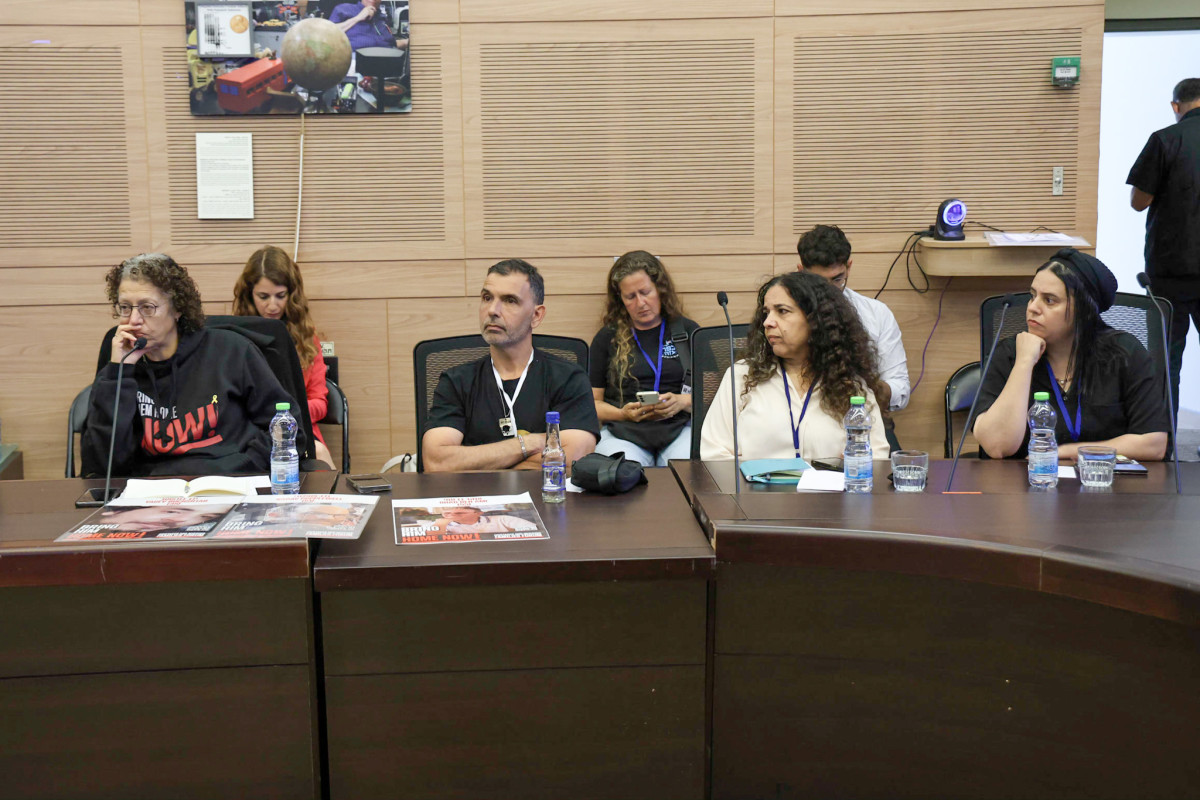As the number of abductees in captivity continues to rise, the mental and financial condition of their families is also deteriorating. The Knesset’s health committee recently held a discussion on this topic, revealing that family members are suffering from post-traumatic symptoms, cognitive difficulties, damage to family relationships, and financial problems.
Dr. Einat Yehana presented a study conducted by her team at the headquarters of the families of the abductees, which found that 10 women and eight men suffered from these issues. The researchers warned that due to the trauma experienced by these families, an epidemic of mental psychopathology and chronic diseases is expected among them after they return home.
Family members from both the first and second circles testified at the committee meeting about their lack of support from health funds or receiving only one request for assistance. Ester Buchstab, a kindergarten teacher who is mother of an abducted child, said she had no access to healthcare services since she put all her other duties aside to help her son’s family after his kidnapping.
Prof. Hagai Levin emphasized the need for a dedicated rehabilitation center for these families as he saw it as something not written in the Torah yet but needed to be learned how to do correctly. Yael Goren Hezekiah admitted that while they provided as much assistance as possible to these families but were limited by law to contact them directly.
Attorney Shlomi Mor spoke about how difficult it was to provide support when there was such a large number of injured people involved in this mega event with over 65,000 injured and 693 bereaved parents. However, he stressed on finding solutions through legislation rather than trying different approaches here and there.
The representatives from health insurance funds stated that they received information only about family members from the first circle proactively but were willing to receive an ordered list of family members from the second and third circles so they could make proactive appeals to them and appoint a dedicated staff member responsible for coordinating treatment and relationships with each family.



